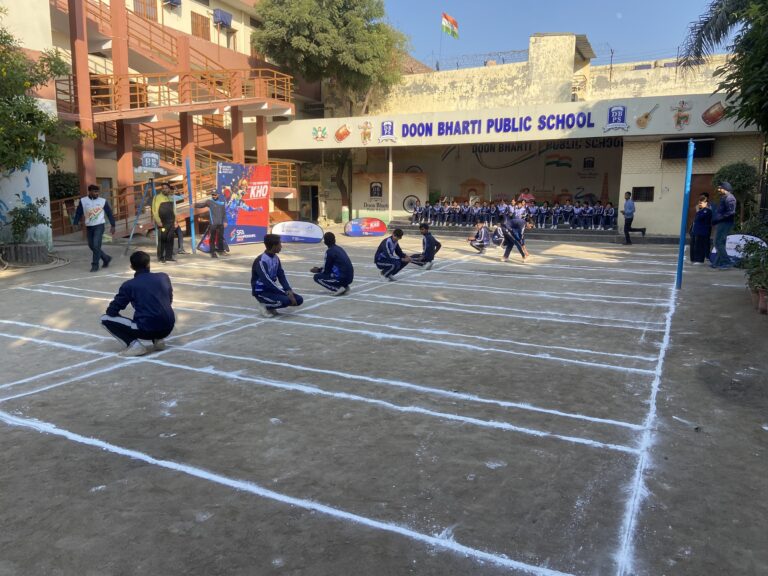The top court of the UN will on Wednesday announce its verdict on India’s petition challenging the death sentence given to former naval officer Kulbhushan Jadhav by a Pakistani military court for alleged involvement in spying.
Almost five months ago, The Hague-based International Court of Justice (ICJ) reserved its verdict in the matter after hearing oral arguments by India and Pakistan. ICJ president Abdulqawi Ahmed Yusuf will read the court’s decision in a sitting at 3pm (6.30pm IST) on Wednesday.
Jadhav was arrested by Pakistani authorities on March 3, 2016 in Balochistan on charges of espionage and involvement in subversive activities. India was informed about the arrest on March 25, 2016 and Islamabad has not offered any explanation for this delay. Jadhav was sentenced to death in April 2017 after a secret trial by a military court.
After being petitioned by India in May 2017, the ICJ directed Pakistan to “take all measures at its disposal” to ensure Jadhav was not executed pending the court’s final judgment.
India has argued Pakistan acted in an irresponsible manner and violated several international treaties and obligations, including the Vienna Convention on Consular Relations and the International Covenant on Civil and Political Rights, by refusing to grant consular access to Jadhav.
Indian officials have described Jadhav’s trial by a Pakistani military court as “farcical” and said he was denied the right to defence by a counsel of his choice. His conviction and death sentence were based on alleged “confessions” made in captivity.
They have said Jadhav was a civilian when he was kidnapped and taken to Pakistan and used as a scapegoat to blame India for Pakistan’s problems in the restive province of Balochistan.
During hearings at the ICJ last year, India sought Jadhav’s release and the quashing of his death sentence. It also asked for Jadhav’s custody to be declared illegal.
Jurisprudence on human rights, including under the International Covenant on Civil and Political Rights, recognises the importance of due process, including the right to effective defence and an impartial trial. Jadhav’s trial by a military court violated due process standards, officials said.
Pakistan has not yet made the charges or the judgment delivered against Jadhav public, and he is unlikely to get justice, the officials added.
India also raised the Pulwama suicide attack that killed 40 Central Reserve Police Force troops in February this year to highlight Pakistan’s role in sponsoring terror activities.
In its arguments, Pakistan said India’s claim for relief should be dismissed or declared inadmissible. It also relied on a 2008 bilateral treaty on consular relations, which it argued overrides any obligations under the Vienna Convention. It also contended espionage and terrorism are exceptions to the Vienna Convention.


















